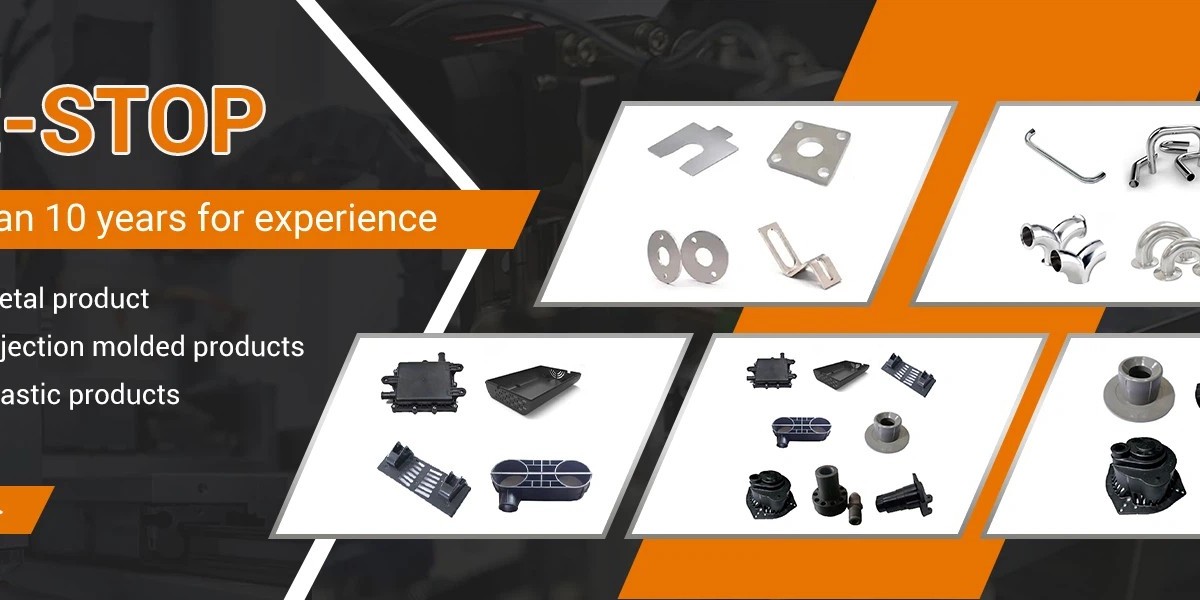Metal products have long been the backbone of industrial development. From construction to electronics, transportation to renewable energy, metals provide the strength, durability, and versatility required for modern applications. Understanding the role of Metal Product in today’s industries helps businesses and consumers appreciate why metals remain irreplaceable in manufacturing and infrastructure.

The Strength Behind Metal Products
One of the primary reasons metal products dominate industrial applications is their inherent strength. Metals such as steel, aluminum, and copper offer high tensile strength, enabling them to withstand heavy loads, pressure, and environmental stress. This makes them ideal for use in structural frameworks, machinery, vehicles, and even critical infrastructure like bridges and pipelines.
In addition, many metal products undergo treatments such as galvanization, alloying, or heat treatment to enhance their mechanical properties. This ensures that they can endure extreme temperatures, resist corrosion, and maintain stability over long periods—qualities essential for modern industrial operations.
Versatility Across Industries
Metal products are incredibly versatile, finding applications across numerous sectors. In the construction industry, steel beams and aluminum panels provide both strength and lightweight efficiency. In electronics, metals like copper and gold are essential for wiring, circuitry, and connectors due to their excellent conductivity.
Moreover, industries like renewable energy increasingly rely on specialized metal products. Solar panel frames, wind turbine components, and metal enclosures for energy systems demonstrate how metals combine robustness with precision engineering. Injection Molded Products and custom-fabricated metal components allow industries to create parts tailored for specific performance requirements.
This versatility ensures that metals remain a critical material choice, regardless of technological advancements or industrial trends.
Longevity and Cost Efficiency
Durability is another hallmark of metal products. Unlike materials that degrade over time, metals maintain their structural integrity for decades with minimal maintenance. This longevity translates to cost efficiency, as industrial operations benefit from reduced repair, replacement, and downtime costs.
For example, metal products used in machinery, enclosures, or infrastructure require fewer replacements compared to plastics or composites. Advanced coatings and treatments further extend their lifespan, making metals a reliable and sustainable choice for long-term projects.
Safety and Compliance
Modern industrial applications demand not only durability but also safety. Metal products often meet stringent industry standards for fire resistance, load-bearing capacity, and environmental compliance. For instance, Firefighter Safety Switch panels and metal enclosures for electrical systems are designed to prevent hazards and ensure operational safety.
In addition, many industrial metal components are manufactured to comply with ISO or ASTM standards, ensuring quality, reliability, and regulatory compliance. This makes metals not just strong and versatile but also safe and trustworthy.
Innovations in Metal Fabrication
The industrial use of metals continues to evolve thanks to innovations in fabrication and design. Techniques like injection molded products, precision machining, and laser cutting allow manufacturers to create complex, high-performance components with unmatched accuracy.
Combined with modern coatings, paints, and surface treatments, these innovations enhance both the aesthetic and functional qualities of metal products. Industries can now achieve components that are lighter, stronger, and more resistant to environmental challenges than ever before.
Environmental Considerations
Metal products also score high on sustainability. Many metals, including aluminum and steel, are highly recyclable without losing their properties. By incorporating recycled metals into production, industries can reduce their environmental footprint while maintaining performance and quality.
As industries focus on eco-friendly manufacturing, metal products offer a practical balance of durability, efficiency, and recyclability—a key factor in modern industrial planning.
Conclusion
Metal products remain indispensable in today’s industrial landscape due to their unmatched strength, versatility, longevity, and safety. Whether in construction, electronics, renewable energy, or heavy machinery, metals continue to provide reliable solutions that withstand the test of time.
With innovations in injection molded products, advanced coatings, and precision fabrication, metals are not just a foundational material—they are a driver of industrial efficiency, sustainability, and innovation. For businesses seeking robust and cost-effective solutions, investing in high-quality metal products is a strategic choice that pays off for years. https://www.metik-metal.com/






